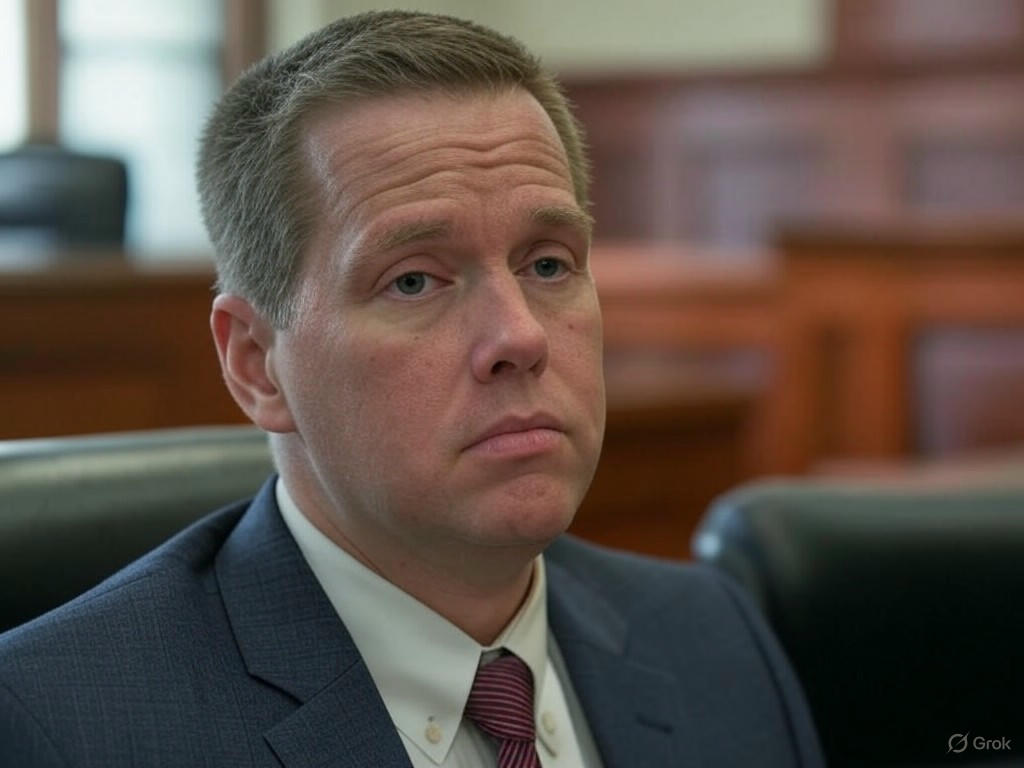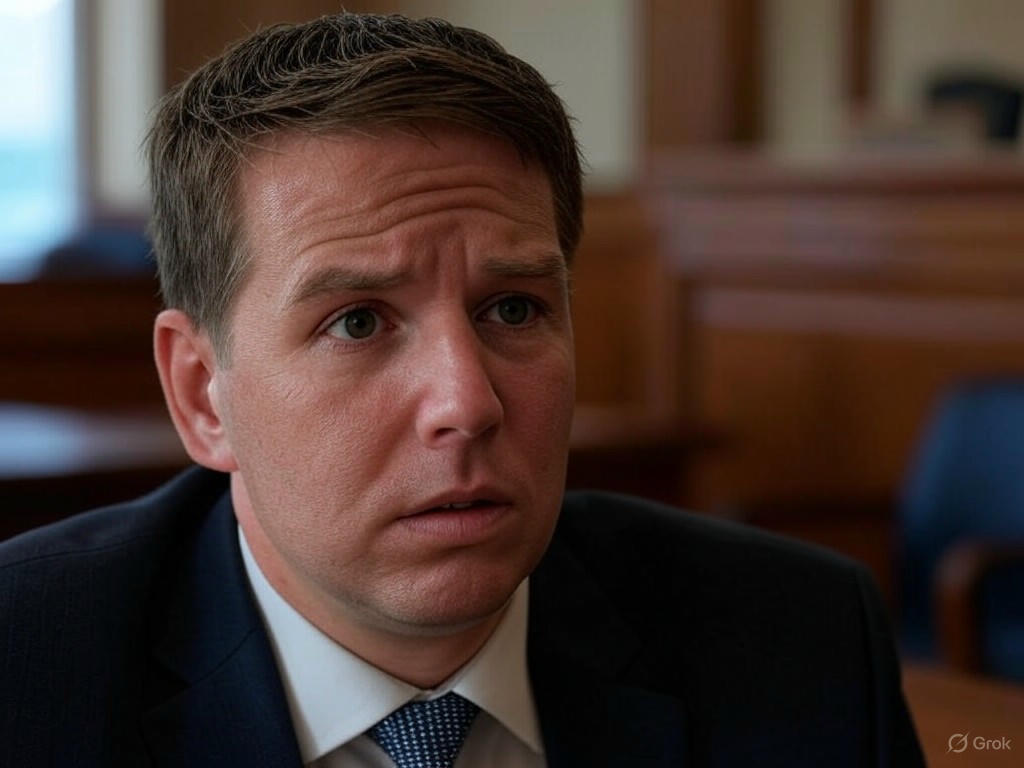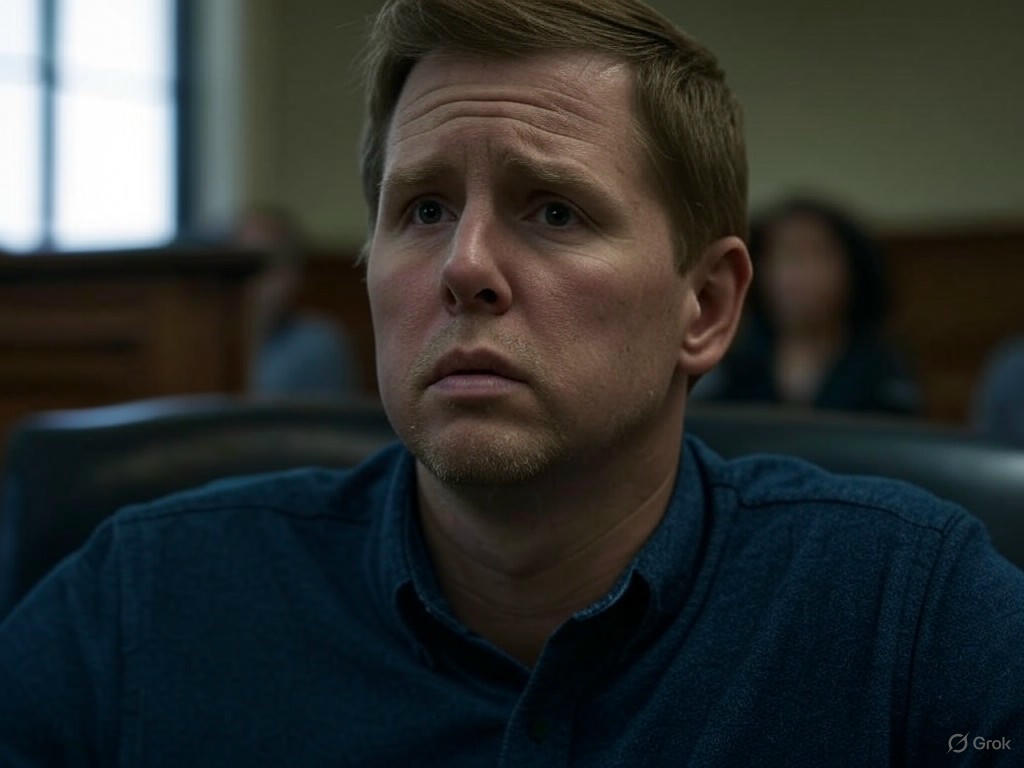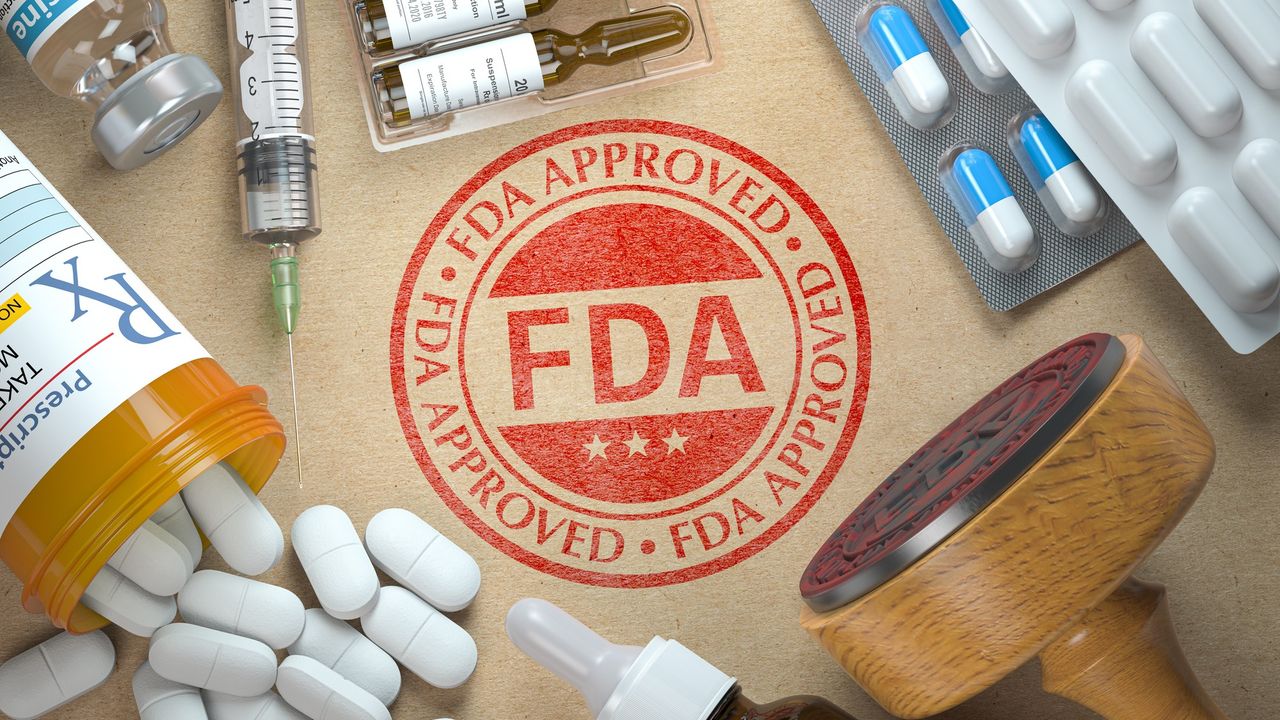

Prescription or Prison: The Battle Over Personal Health Rights in the Age of Fentanyl
In a case that has ignited a firestorm of debate, the prosecution of individuals like Ryan Brandstrom for importing prescribed medication highlights a clash between personal health rights and government regulation. Brandstrom, charged with importing Adderall from abroad, symbolizes the broader crisis of fentanyl contamination in the U.S. drug market.
Brandstrom's decision to source his medication internationally was driven by the need to avoid the deadly mix of methamphetamine and fentanyl prevalent in domestic supplies. This personal health choice has led to a legal battle, spotlighting the government's overreach into individual medical autonomy.
The backdrop is the escalating public health crisis where fentanyl-laced drugs are a norm. Brandstrom's action, while following his prescription, challenges the legality under 21 U.S.C. § 952, raising questions about criminalizing efforts to stay safe from contaminated drugs.
Legal experts argue this prosecution infringes on constitutional rights, referencing landmark cases like DeShaney v. Winnebago, which assert the government's limited duty to protect individuals from harm. This principle questions the justification for prosecuting Brandstrom, whose importation was a rational response to a known risk.
Cases like Castle Rock and Warren further support that government intervention in personal health decisions should be minimal unless public safety is directly threatened. Brandstrom's importation did not endanger others; it was a protective measure against the domestic drug supply's dangers.
TOP STORIES





